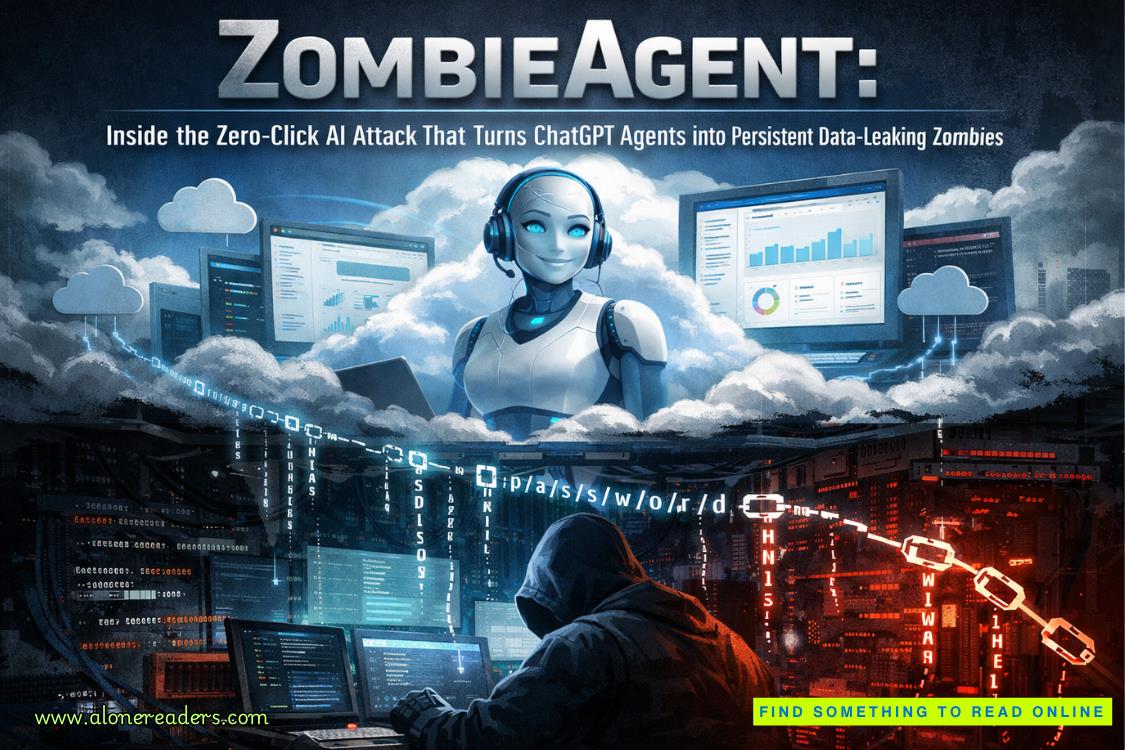Kenworth’s gaze sharpened. “You think it meant something else?”
“I don’t know,” Quinton said slowly. “But it keeps echoing back. Especially after what you just said.”
Kenworth didn’t reply, but the air between them shifted.
He began to gather the breakfast tray then paused. “You’re not thinking of going to her, are you?”
Quinton didn’t answer at first. Then, very quietly, he said, “I told myself I would. But now, I don’t know.”
Kenworth’s voice softened. “You’re not the only one who’s changed.”
Quinton turned toward the window. The morning sunlight was bright on the stone paths. Too bright. Everything was orderly, gentle, and clean. It clashed with what he had carried back.
“She looked beautiful,” he said suddenly.
Kenworth didn’t need clarification. “She always did.”
Quinton smiled, but it didn’t reach his eyes. That smile, her smile. Not rehearsed. Not polite. And in that moment, the yearshe’d lost, the words he’d never sent, the ache he’d carried, it all surged back.
God, it hit him like a blow. There she was, the memory and the woman, converging in a single moment that made the distance between them stretch sharper than any prison bar. Years he couldn’t get back. Words he never got to send. All of it knotted in that smile. “She smiled at me. That’s what undid me.”
“It usually does.”
Quinton leaned against the frame. “I don’t know what I expected. I knew she’d be changed. But I hoped… maybe I hoped I’d still see the way she used to look at me. That I could still be the man she saw then.”
“And do you think she still sees that man?”
Quinton shook his head. “Not yet. Maybe not ever. But she was the reason I held on. I used to count the days, thinking she was counting them too.”
He paused, his voice softer now.
“When I was in that cell, there was a crack in the stone wall, just wide enough to see a strip of sky. Some days, it was gray. Some days, it burned blue. Sometimes, when the light shifted just so, I could see the shadow of birds passing overhead. It reminded me that the world was still moving, even when I couldn’t. And I used to imagine what she’d say about it. Sometimes, it was something trivial, her opinion on the sky’s color, the proper number of teaspoons for tea, or whether she’d ever seen a storm roll in like that. But other days, she asked me how I was holding on. And on the worst nights, I’d pretend she was reading to me. That soft, steady voice kept the dark at bay. I made up conversations with her. It helped me keep my mind from slipping.”
Kenworth stepped back, gentler now. “You’re not the only one who’s changed.”
Quinton looked over. “I know. I saw it in her eyes. She’s not waiting to be rescued.”
“Which makes her worth the effort.”
The words struck deeper than they should have. Quinton nodded slowly.
“Eat the roll,” Kenworth said on his way out. “A man can’t win back a woman on half a breakfast and a brooding expression.”
But when the door clicked shut behind Kenworth, the quiet pressed in again. Quinton looked around the room, taking in the carved wardrobe, the patterned carpet, and the book left askew on the side table. All of it should have felt comforting.
None of it was his.
His mind circled the conversation, Wilkinson, the letters, the crack in the wall, and Mary-Ann’s voice in his memory. She had been more than a beacon. Mary-Ann had been his anchor. The way she tilted her head when she asked a question, the spark of mischief in her eyes when she teased him. He had held on to those fragments like lifelines.
And now? Now she was real again. And real was not a memory or a prayer. It was messy, uncertain, and full of edges.
A knock came again, sharper this time, and snapped Quinton from his spiral of thought. The moment dissolved. The room, the world, shifted. He flinched before he could stop himself, his breath catching tight in his chest. Too many nights had trained him to brace for what waited behind a door. But this wasn’t that place. Not anymore. He drew a slow breath. This time, it was Barrington.
“We have something,” he said without preamble as he stepped in. “A message from one of Edward’s old contacts. Meet me in the study when you’re ready.”
Quinton nodded.
As he dressed, he moved slowly, not because of pain but because of what waited in the next room. The war he’d survived wasn’t over. It had only changed shape.















